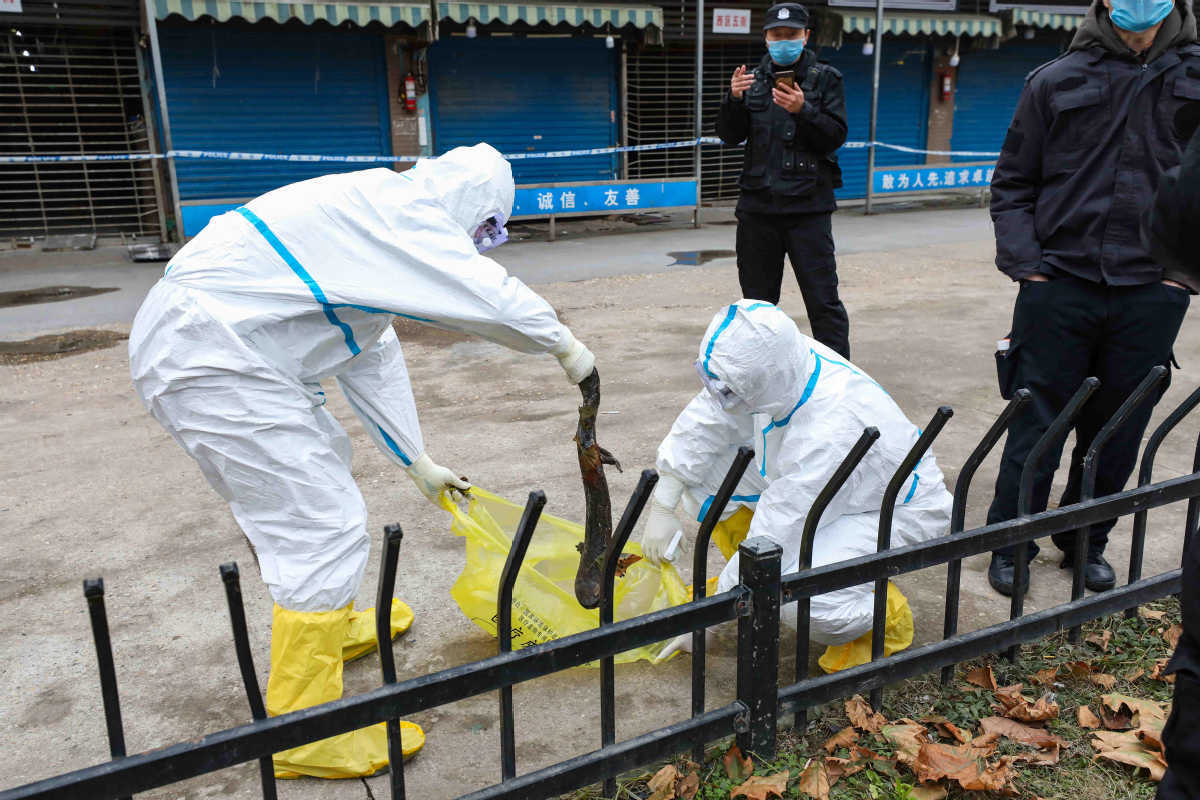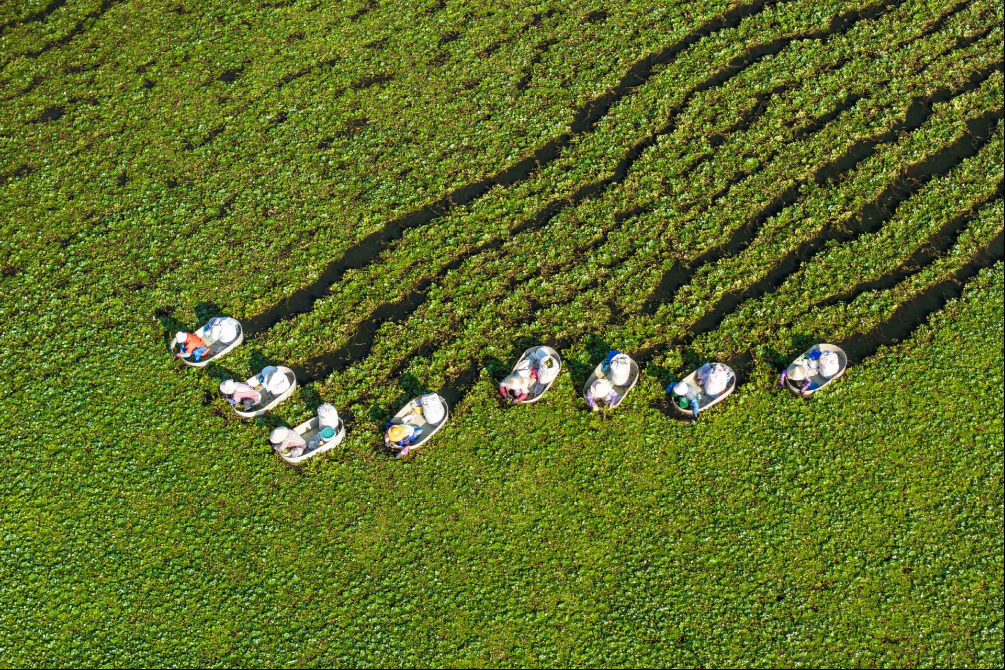China steps up efforts against wild animal trade


China has taken strong measures against the wild animal trade during the novel coronavirus outbreak, with the country's ministries and commissions launching a special campaign to regulate the market on Monday, according to a Tuesday report from People's Daily.
Wild animals and their products are banned from illegal sale, purchase, utilization, shipment, carrying and delivery. Related advertisements and trade service also are forbidden, according to a recent meeting jointly held by the State Administration for Market Regulation and nine other authorities, since wild animals are likely to carry viruses and bacteria with risks to human health, the report said.
Local authorities across the country also have taken targeted measures to enhance wild animal regulation. In Chongqing, operations like wildlife transportation, viewing, display and performance are prohibited. Local watchdogs also have conducted stringent supervision against wild animal trade in places like farmers' markets, supermarkets, restaurants and e-commerce platforms, and cleaned up and dismantled billboards or banners related to the utilization of wild animals. As of Saturday, seven cases related to wild animals have been investigated and dealt with accordingly, and 54 problems have been solved.
Since Jan 21, local authorities in East China's Anhui province have launched a joint campaign to enhance supervision on food safety in key areas like hotels, agritainment farmyards, farmers' markets and transportation hubs. Bamboo rat, badger and other wild animal breeding bases have been put into quarantine. Administrative license examination and approval for wild animal hunting, artificial breeding and operations have been halted.
In North China's Henan province, all terrestrial wild animal breeding sites are required to be quarantined. Attractions are closed, like nature reserves, scenic spots, forest parks, wetland parks, as well as zoos, wildlife parks, and pet parks. All circus and terrestrial wildlife-related performances are stopped.
East China's Fujian province organizes about 15,000 people including forest guards and nature reserve patrols every day to closely monitor wildlife activities in mountainous and forest areas, preventing illegal hunting of wildlife. The province's breeding bases are under real-time supervision by special staff members, and every wild animal artificial breeding base has one-to-one real-time supervision and undergone thorough disinfection.
Marketing of live poultry is prohibited in East China's Jiangsu province. According to a notice from the local market regulator, food producers and operators are strictly banned from purchasing and selling livestock and poultry meat or self-processed meat foods that do not meet animal quarantine regulations or food safety standards. In the catering industry, it is strictly forbidden to raise and slaughter animals, such as poultry and livestock, in restaurants, and employees who have a fever or other illnesses are prohibited from working.





































